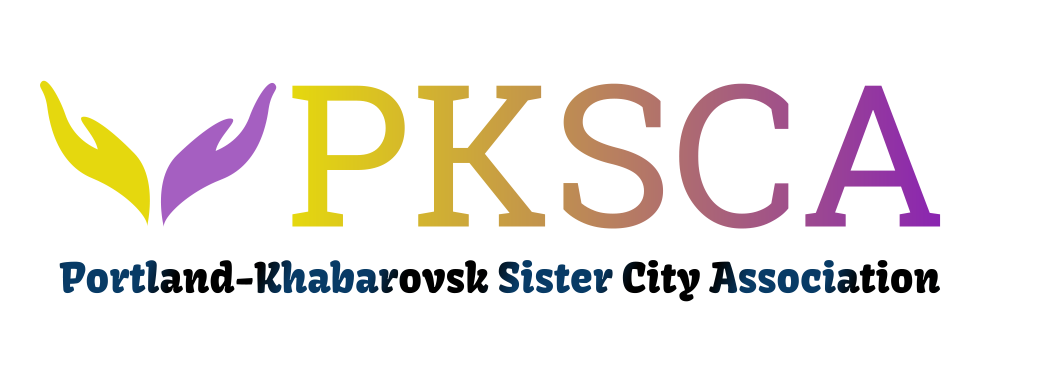
Welcome to our Book Club!
Our upcoming Book Club meeting via Zoom is scheduled for Thursday, March 26th, beginning at 7:00 p.m. Portland time. We’ll be discussing Rudin, the first of four “sociological realism” novels by Ivan Turgenev that culminated in his most famous work, Fathers and Sons (our club’s introduction to Russia’s “Age of Golden Literature” a few years back). For links to “Discussion Questions” and the Zoom connection, scroll down the page. New participants always welcome!
ABOUT THE AUTHOR
Ivan Sergeyevich Turgenev (Иван Сергеевич Тургенев) was born in 1818 into an aristocratic family—his father a handsome, though impoverished (prior to marriage), retired cavalry colonel who had fought in the war against Napoleon, his mother a well-educated, though domineering, woman of wealth (via inheritance, her noble lineage dating back to Ivan the Terrible), whose cruelty to the family’s serfs made a lasting impression on Turgenev (a lifelong opponent of serfdom). The father was frequently absent from the family (saddening Ivan), which left the raising of three sons to the mother, who spared no expense for their education, hiring foreign governesses and organizing trips to Europe. In accordance with Russian aristocratic practice, French was used in everyday life at home, including prayers. As a result, Ivan ended up fluent in French (as well as German and English), later enabling him to earn money on the side from translating literary works. He matriculated to universities in Moscow and St. Petersburg with a focus on literature and philology, later completing his studies at a Berlin university where Hegelian philosophy and world history were added to his coursework. While away, tragedy struck the family, his father and one of his brothers dying of diseases. Turgenev returned home, later resuming his studies in Germany. He fell in love with Europe’s Enlightenment-infused culture…but also fell in love with a married French woman—the beautiful celebrated opera star Pauline Viardot, with whom he had a lifelong romance (though purportedly mostly platonic). Disapproving of the affair with Pauline, of his preference for Europe, and his career path as a writer, Ivan’s mother cut him off financially in 1847. However, three years later she passed away, leaving him a fortune. Turgenev befriended Russian literary guru Vissarion Belinsky and French novelist Gustave Flaubert and had interactions with Pushkin, Dostoyevsky, and Tolstoy—though often clashing philosophically with the latter two, especially on religion (Turgenev an agnostic). All of Turgenev’s literary works were grounded in realism and objectivity—e.g., doctrinaire ideologues yielding to temptation and hubris. While his first novel Rudin won universal acclaim in Russia, the more politically contentious Fathers and Sons, considered by Turgenev to be his masterwork, did not. Disillusioned, Turgenev moved back to Europe, where he was hailed as a literary giant. Apart from visits to Russia most summers, he stayed abroad for the rest of his life. And despite numerous amorous entanglements, he never married. Turgenev died in France at 64.
ABOUT THE NOVEL
Prior to the publication of Rudin as a novel in 1856, Rudin was serialized in a literary journal, its reading audience hanging in anticipation from installment to installment. Divided into 12 chapters and an Epilogue (added later), the 180-page novel reads like a mystery, not only with respect to the multidimensional plot, but also with respect to the enigmatic character makeup of its mercurial protagonist, Rudin. Turgenev told an audience in 1860 that he viewed Rudin as a combination of Hamlet and Don Quixote—his unique take on Russia’s “superfluous man” (a la Pushkin’s Eugene Onegin, Lermontov’s Pechorin, and Goncharov’s Oblomov). He also confided that the novel is semi-autobiographical—resemblances close, but not exact. Ever the social reformer, Turgenev wrote Rudin as a wakeup call for a self-absorbed society in peril. Enjoy.
Click on the meeting date below to join!
